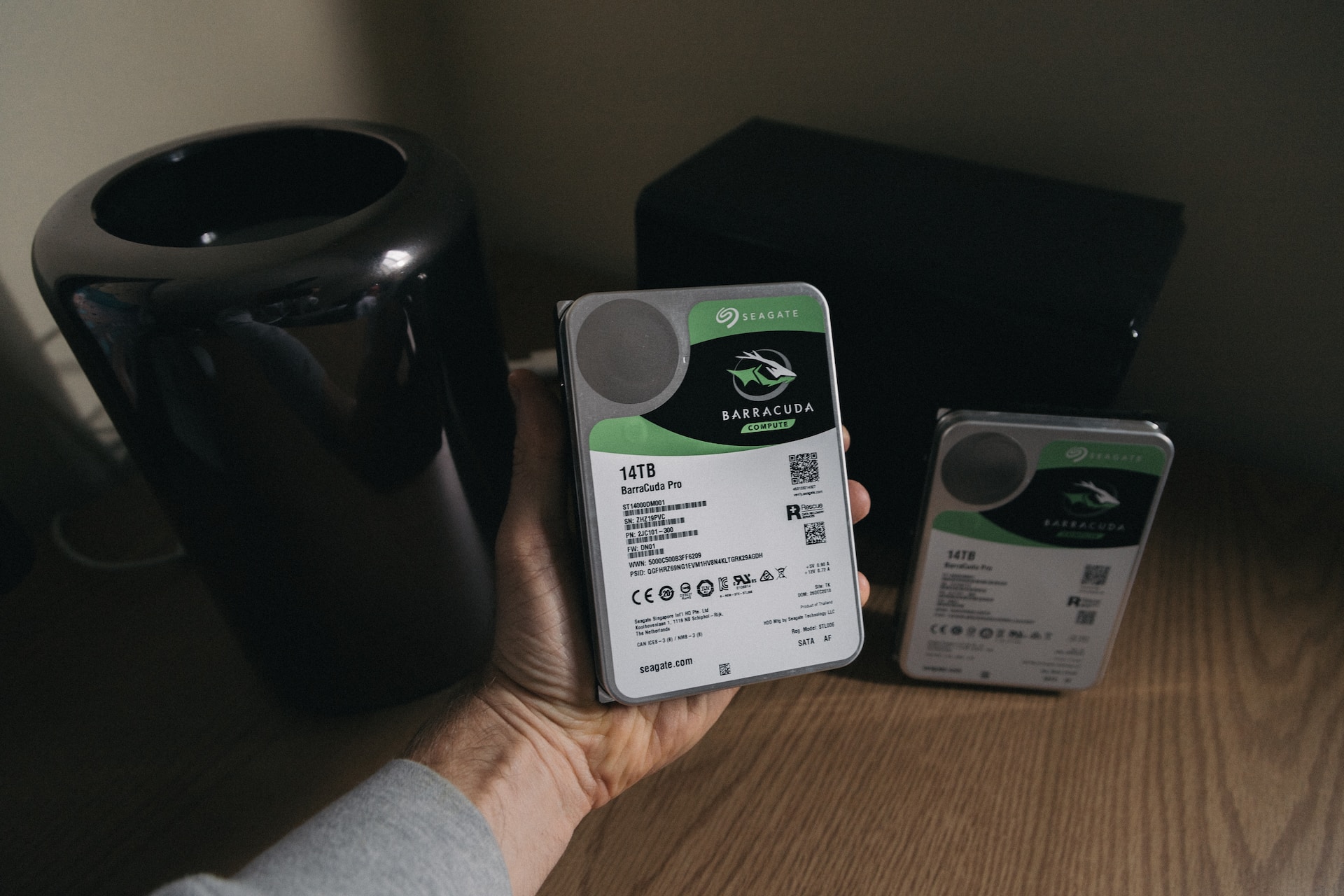Seagate, the world’s largest hard-drive maker, has been penalized over its sales to Huawei, one of China’s leading technology companies, in a move that could have significant implications for the tech industry.
The US Department of Commerce recently imposed a fine of $114,000 on Seagate, claiming that the company had violated export regulations by selling hard drives to Huawei without proper authorization. The penalty stems from a shipment of hard drives that Seagate sold to Huawei in 2019, which was flagged by customs officials for potential export control violations.
Seagate, which is based in the United States, has been caught in the crosshairs of the escalating tensions between Washington and Beijing, which have led to a growing number of restrictions on trade and investment between the two countries. In recent years, the US government has stepped up efforts to limit China’s access to advanced technology, citing concerns over national security and intellectual property theft.
The penalties imposed on Seagate are part of a wider crackdown on companies that do business with Huawei, which has been blacklisted by the US government over its alleged ties to the Chinese military. The Trump administration added Huawei to a list of companies banned from doing business with US firms in 2019, citing national security concerns.
While the Biden administration has taken a less confrontational approach to China, it has continued to uphold many of the sanctions imposed by its predecessor. Earlier this year, the US Commerce Department added several Chinese firms, including Huawei, to its “Entity List,” which restricts their access to US technology.
The impact of the penalties on Seagate remains to be seen, but they could have significant consequences for the company’s bottom line. Seagate is one of the world’s largest suppliers of hard drives, which are essential components in a wide range of electronics devices, including computers, servers, and data storage systems.
The penalties could also have wider implications for the tech industry, as they highlight the increasing risks associated with doing business in the current geopolitical climate. Companies that rely on global supply chains and international markets are increasingly vulnerable to political and economic tensions between countries, which can lead to sudden shifts in policy and unpredictable regulatory environments.
In response to the penalties, Seagate issued a statement affirming its commitment to compliance with all applicable regulations and noting that it had cooperated fully with the Commerce Department’s investigation. The company also indicated that the impact of the penalties on its business would be minimal.
The penalties on Seagate underscore the challenges faced by companies that operate in the tech industry, particularly those that rely on global supply chains and international markets. As geopolitical tensions continue to rise, it is likely that more companies will face increased scrutiny and potential penalties for doing business with firms that are seen as posing a threat to national security or intellectual property rights.




